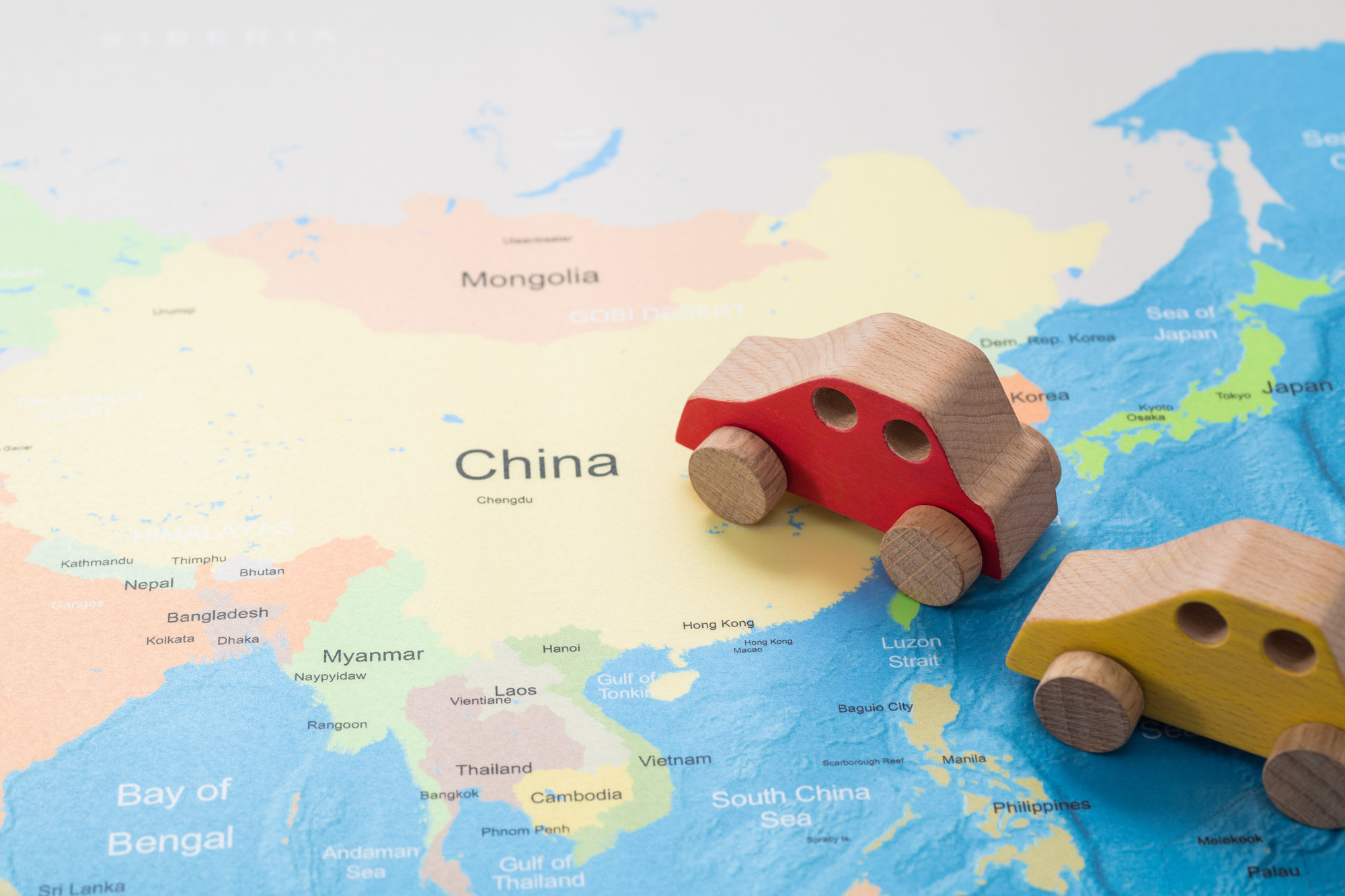2013/06/19
No. 179: Madoka Fukuda, "The Japan-Taiwan Fisheries Agreement Will Not "Contain China""
[PDF version]
Japan and Taiwan concluded a fisheries agreement in April 2013. In Japan, there has been a tendency to stress that this agreement will drive a wedge into cooperation between China and Taiwan and serve to contain China, but does the significance of this agreement really go no further than this?
Given that talks were underway for 17 years, why had the Japan-Taiwan fisheries agreement not been concluded earlier? This can be attributed to Japan's assessment of the agreement as not offering enough benefits to justify the hurdles. During the Japan-Taiwan fisheries talks, the Taiwanese negotiators presented their Japanese counterparts with claims to a fishing zone even larger than that sought by Japan, and they asserted Taiwan's sovereignty over the Senkaku Islands and fishing operations within the surrounding seas. Furthermore, there have been no official diplomatic relations between Japan and Taiwan since Japan-China relations were normalized in 1972, and China had successfully blocked political talks between Japan and Taiwan in keeping with the "one China" principle.
Why, then, did it become necessary now to conclude the Japan-Taiwan fisheries agreement? The reason can be found in the sense of crisis felt by both Japan and Taiwan about heightening tensions over the Senkaku Islands and surrounding waters. Both the Chinese government and the Ma Ying-jeou administration in Taiwan have objected to the Japanese government's purchase of three of the Senkaku Islands and asserted their own territorial claims. At the same time, however, the Ma administration has been advocating the "East China Sea Peace Initiative," calling on Japan and China to shelve sovereignty issues, peacefully resolve their disputes and engage in joint development of resources, and has regarded the resumption of negotiations with Japan on fisheries as the first step in that approach. Japan agreed to restart the fisheries talks and sent an exceptional statement by the foreign minister on relations with Taiwan. It would appear that the wish to avoid being entangled in a dispute with Taiwan as well as China simultaneously prompted the resumption of talks and compromises on fishing zones.
By contrast, China has claimed the Senkaku Islands to be "territory belonging to the Chinese people" and called on Taiwan to stand with it against Japan on the Senkaku Islands issue. A united front with Taiwan was important for China both in asserting territorial claims to the Senkaku Islands and in maintaining/bolstering the idea of "one China." Nevertheless, the Ma administration in February released a statement confirming that it would not be coordinating with China on the Senkaku Islands issue because its ideas for resolving the dispute differ from those of China and because China's intervention would adversely impact the Japan-Taiwan fisheries talks. The Ma administration subsequently opted to compromise by avoiding mention of territorial claims to the Senkaku Islands in the Japan-Taiwan fisheries agreement and by not applying the agreement to the territorial waters surrounding the Senkaku Islands. It would appear that this was motivated by hopes of strengthening Taiwan's position in the construction of a new order in the East China Sea and protecting its interests.
As the above account shows, the Japan-Taiwan fishing talks were wrapped up via political decisions made by both sides. However, the greater context of regional politics that made these decisions possible cannot be overlooked. China-Taiwan relations have stabilized since the Ma administration came to power, and the US, Japan and other neighboring countries have welcomed this. A political understanding on prioritizing the development of economic ties over sovereignty issues premised on both parties belonging to "one China" has brought stability to China-Taiwan relations. In light of this understanding, China has outwardly criticized the words and deeds of the Ma administration but finds it difficult to take actions that would harm Taiwan's interests, as a loss of support for the Ma administration in Taiwan could result in the collapse of the "one China" premise. Realizing that the Chinese government would not protest or interfere, Japan and Taiwan then moved step by step along the process leading to the fisheries agreement.
The official title of the Japan-Taiwan fisheries agreement is "Agreement on the Establishment of a New Order in the Fishing Industry between the Interchange Association, Japan and the Association of East Asian Relations," evidencing the fact that this agreement was concluded within a framework of Japan-Taiwan private-sector ties ongoing since the normalization of diplomatic relations between Japan and China. The content of the Japan-Taiwan fisheries agreement also in no way contradicts the Japan-China fisheries agreement that went into force in 2000. In other words, the door to dialogue on the development of a new order in the East China Sea has been completely opened to China as well. This, too, should be considered a significant aspect of this latest agreement that deserves to be emphasized.
Madoka Fukuda is an associate professor of international politics at Hosei University. She specializes in the politics and external relations of China and Taiwan.
The views expressed in this piece are the author's own and should not be attributed to The Association of Japanese Institutes of Strategic Studies.





